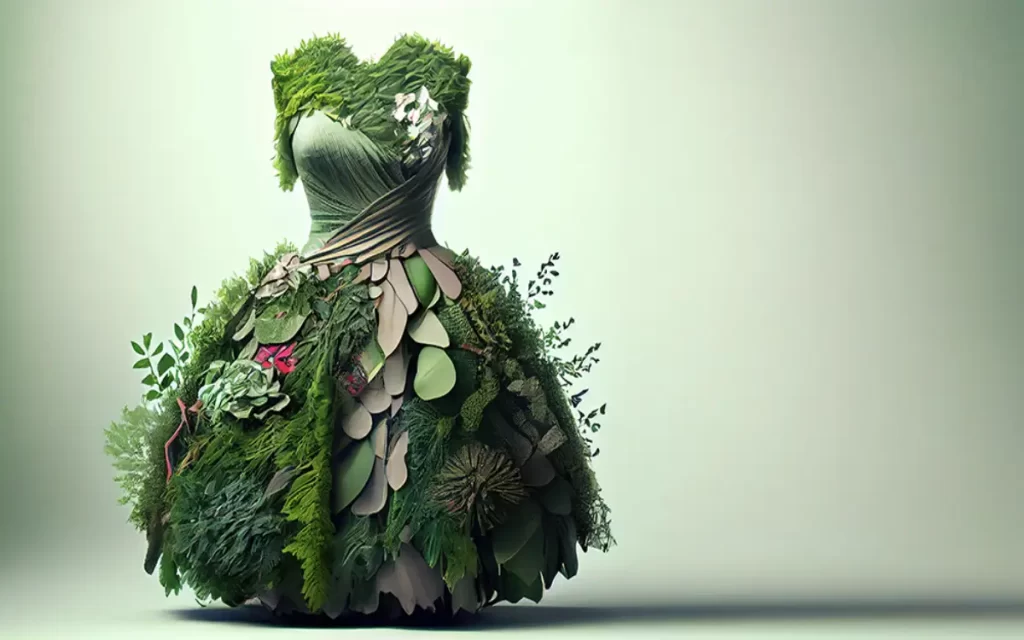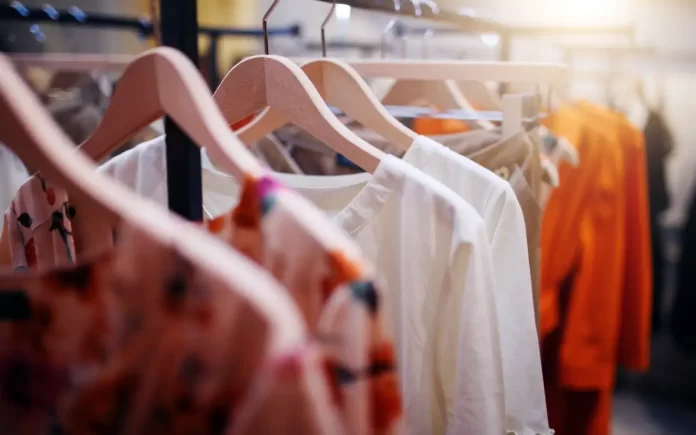Sustainable fashion—a term still unfamiliar to many, yet increasingly crucial in today’s world. It signifies a necessary shift away from overproduction and exploitation towards a more conscientious approach to clothing. Across the globe, from the catwalks of Paris to the bustling streets of Tokyo, the fashion industry is undergoing a profound transformation. It’s embracing eco-friendly practices and ethical principles like never before.
Gone are the days when “fast fashion” held sway, perpetuating a cycle of excessive production, labor exploitation, and environmental degradation. Today, a new ethos is emerging—one rooted in transparency, accountability, and the well-being of both people and the planet.
Central to this movement is the concept of sustainable fashion, a holistic approach that encompasses every aspect of the garment lifecycle. From the choice of materials to the conditions in which workers labor and the eventual disposal of clothing, sustainability permeates every stitch.

Eco-conscious fabrics such as organic cotton, recycled polyester, and innovative materials like TENCEL™ are gaining traction, offering a more sustainable alternative to traditional textiles. Concurrently, ethical sourcing practices ensure fair wages and safe working conditions for garment workers, addressing longstanding concerns within the fashion supply chain.
However, sustainability in fashion extends beyond production—it necessitates a shift in consumer behavior and attitudes. Increasingly, shoppers are prioritizing brands that align with their values, opting for quality over quantity and embracing the concept of “slow fashion”. This ethos encourages mindful consumption, advocating for fewer, but more thoughtfully chosen, purchases to minimize waste and reduce the industry’s environmental footprint.
Despite significant progress, the journey towards sustainable fashion is not without challenges. Brands must navigate the delicate balance between environmental concerns and commercial viability, while also tackling issues such as greenwashing—a practice where companies make deceptive claims about their environmental efforts.
Yet, despite these obstacles, the momentum behind sustainable fashion continues to grow. Designers, brands, and consumers alike are embracing a more sustainable approach, reshaping the industry and redefining what it means to dress with purpose and conscience in the 21st century.
From high-end couture to everyday essentials, the threads of change are weaving a brighter, more sustainable future for fashion—one stitch at a time.



